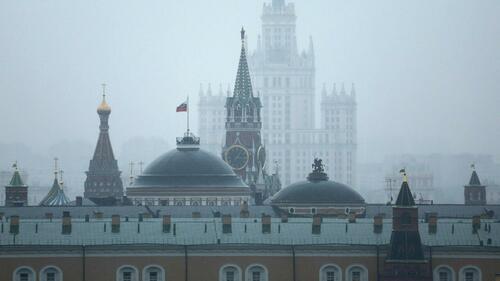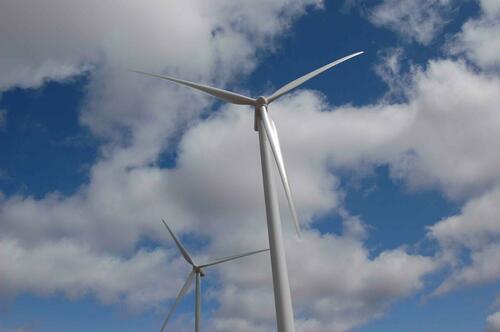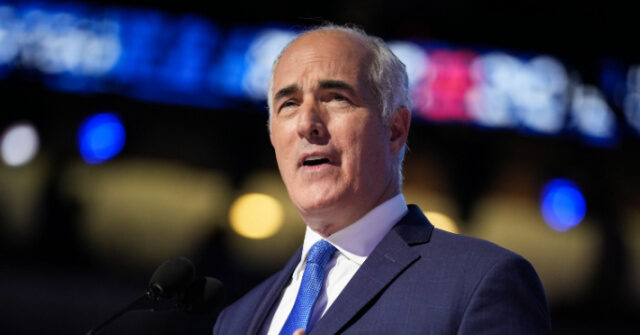
It appears President Vladimir Putin is jumping at the opportunity of pursuing a serious reset with the United States under the future Trump presidency. In surprisingly positive Thursday remarks, Putin issued congratulatory statements and heaped praise on Trump for winning the election, also saying he acted “like a man” following the assassination attempt in Butler, Pennsylvania last summer.
“His behavior at the time of the attempt on his life made an impression on me,” Putin said at the Valdai Club in the Black Sea city of Sochi. “He turned out to be a courageous man. And it’s not just about the raised hand and the call to fight for his and their common ideals… He behaved, in my opinion, in a very correct way, courageously, like a man.”
Significantly these were the very first public remarks given by Putin after the Tuesday election. The Russian leader emphasized that Trump’s campaign promises to negotiate an end to the Ukraine war “deserve attention”. Putin further highlighted Trump’s desire to improve relations with Moscow as a major plus as part of the remarks.
“It seems to me, it deserves attention what was said about the desire to restore relations with Russia, to help end the Ukrainian crisis,” Putin said. “I have always said that we will work with any head of state who has the trust of the American people.”
Without doubt, these mark the warmest words issued by Putin regarding the spiraling US relationship in years, and certainly the most positive remarks since the invasion of February 2022. Rhetoric between Moscow and Washington have over the course of the war up to now been marked by severe accusations and even veiled nuclear threats.
And importantly, Putin signaled he might speak to Trump, per state media:
Putin congratulated Trump on his win, and said that he is open to a phone call with the president-elect. “It wouldn’t be beneath me to call him myself,” Putin added.
The US-President elect has in turn told NBC the following:
President-elect Donald Trump said that Vladimir Putin wasn’t among the “probably” 70 phone conversations he has held with world leaders since winning the election, but that he still is planning to speak with the Russian president, according to NBC News.
“I think we’ll speak,” Trump told NBC, Thursday, the news organization said.
This type of positive dialogue while the Ukraine war rages was unthinkable under the Biden-Harris administration, and for that reason the Kremlin was very closely watching the US election.
Interestingly, despite their recent subtle tensions, Ukraine’s Zelensky and President-elect Trump have spoken in the wake of the landslide election victory. Trump confirmed to NBC that Zelensky was among the congratulatory phone calls from world leaders he’s received so far since Tuesday.
President Zelensky also issued a congratulatory statement on X, expressing hope he could work with Trump to implement “peace through strength” and that his country was “interested in developing mutually beneficial political and economic cooperation that will benefit both of our nations.”
Ukrainian soldiers SHOOT a mannequin wearing a TRUMP SHIRT.
Are they upset that American funds will end?pic.twitter.com/1Ic86hcddf
— Resist the Mainstream (@ResisttheMS) November 7, 2024
However, following this, in a Thursday press briefing, Zelensky sought to pour cold water on the potential for a quick peace:
Ukrainian President Volodymyr Zelenskyy poured cold water Thursday on a plan by U.S. President-elect Donald Trump to strike a rapid peace deal between Kyiv and Moscow, arguing it would amount to a “loss” for Ukraine.
“I believe that President Trump really wants a quick decision” to end Russia’s war against Ukraine, Zelenskyy told journalists in Budapest. “He wants that. It doesn’t mean that it will happen this way.”
He complained that a rapid ceasefire would be tantamount to “preparation to ruin and destroy our independence.” Below are more of Zelensky’s words aimed at Trump, revealing serious tensions remain, given in Budapest:
“He [Trump] wants this war to be finished,” Zelenskyy said through an interpreter. “We all want to end this war, but a fair ending … If it is very fast, it’s going to be a loss for Ukraine.”
The Ukrainian leader also responded to an appeal from Hungarian strongman Prime Minister Viktor Orbán, issued minutes earlier from the same stage, for a rapid ceasefire deal between the two warring camps.
“I heard that it’s better to implement a ceasefire and then, ‘we’ll see,’” Zelenskyy said, referring to Orbán’s comments. “[A] ceasefire was tried back in 2014. We tried to reach this ceasefire and we lost Crimea and then we had the full-scale invasion.”
But for several months as Ukrainian forces have suffered a string of defeats in Donetsk, putting the Russian army on the brink of capturing the strategic city of Pokrovsk, there have been signs that behind the scenes Western diplomats have actually been increasing the pressure on Kiev to find an exit strategy – sooner rather than later.
Loading…
Originally Posted at; https://www.zerohedge.com//






